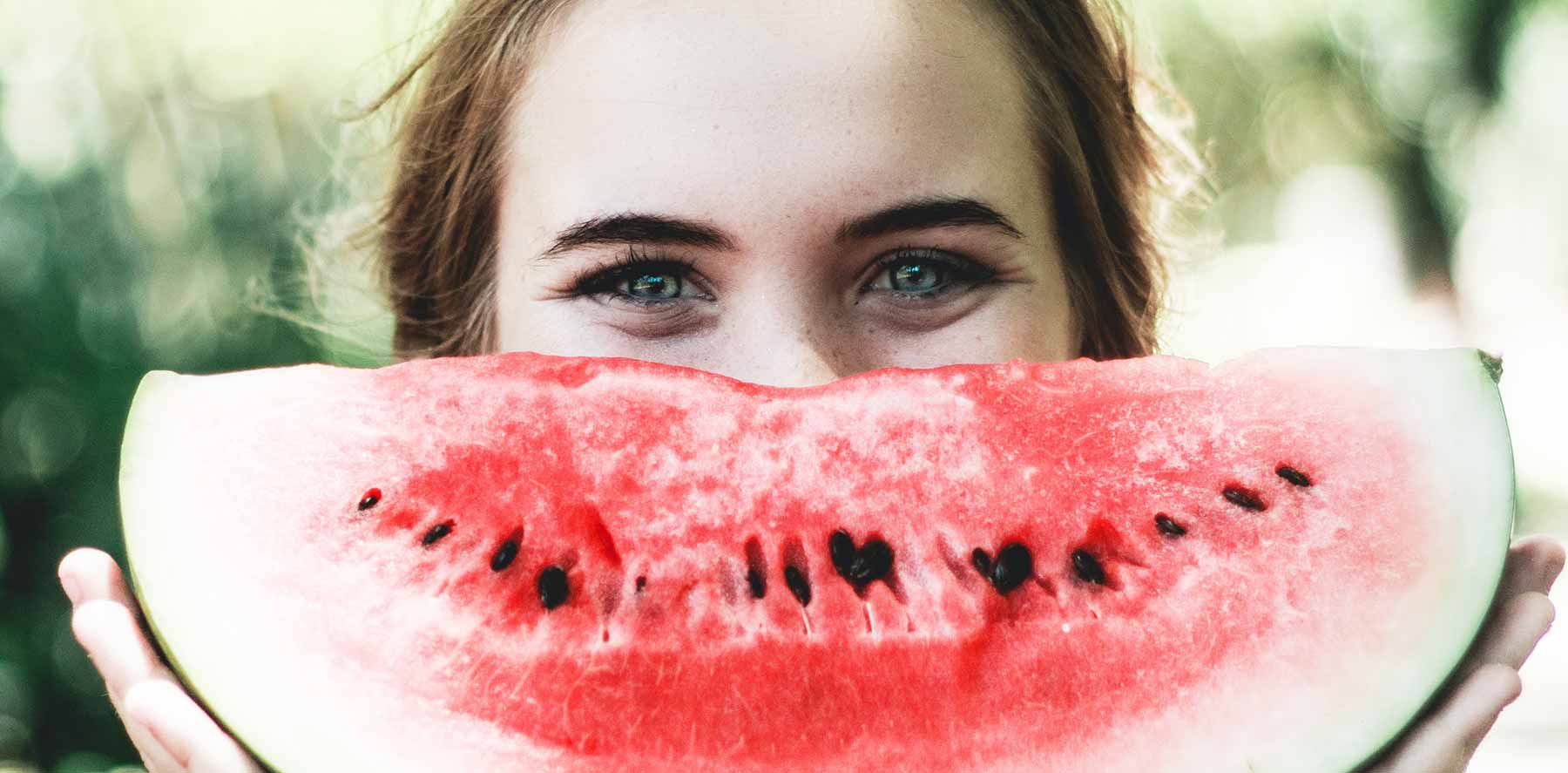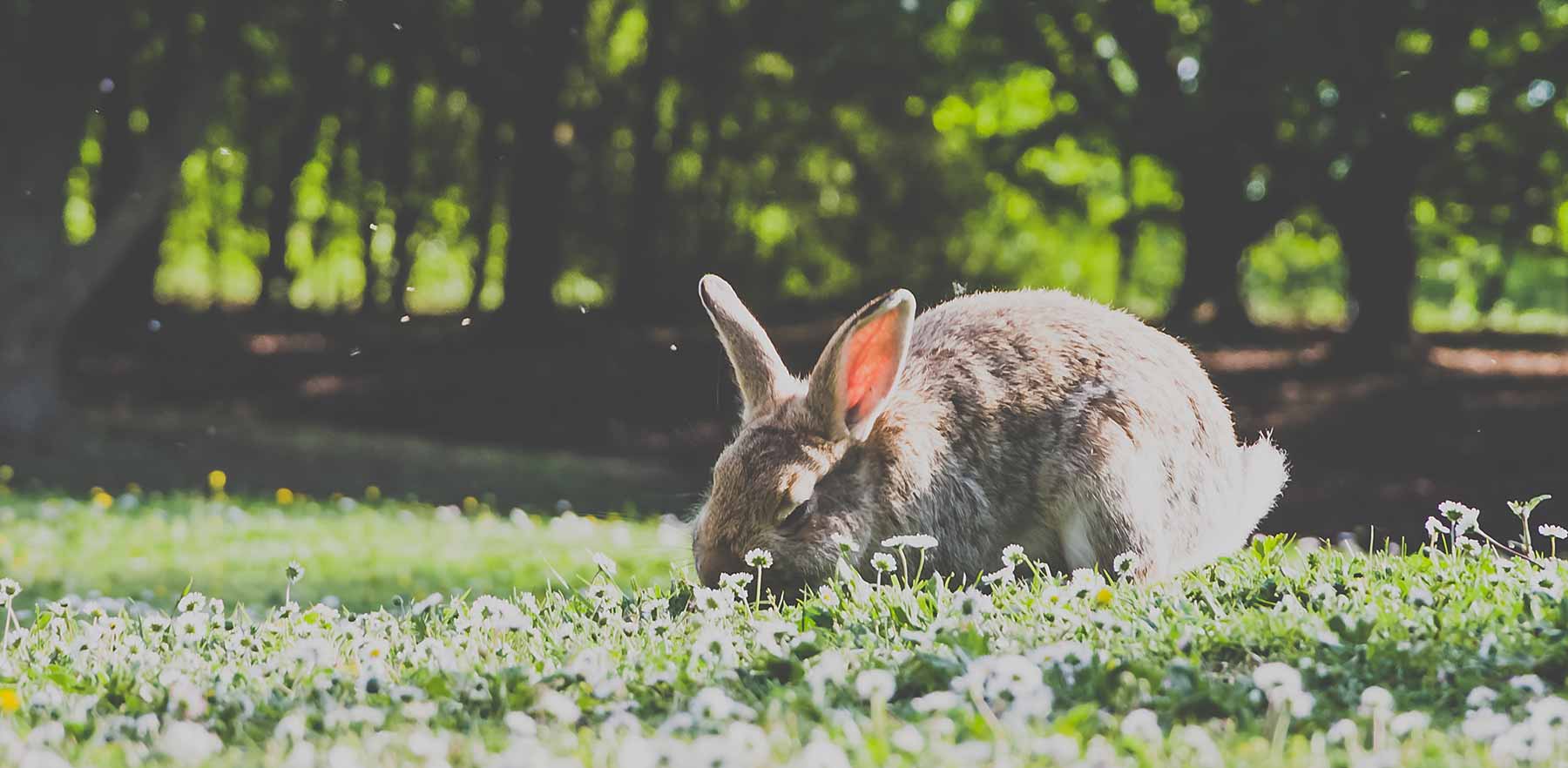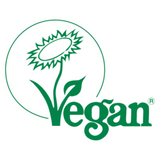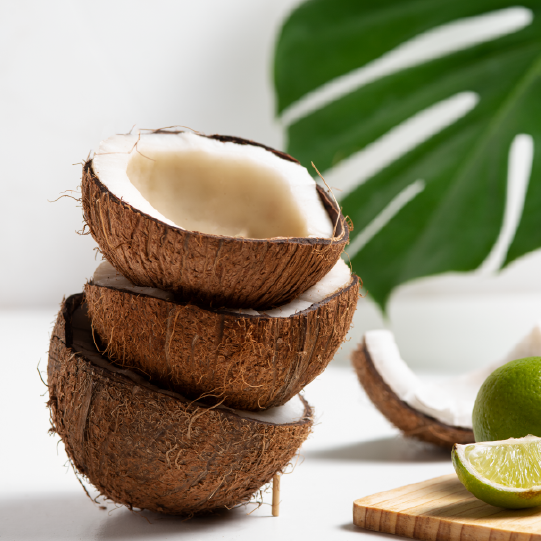What does it really mean for a cosmetic product to be vegan? What is regulated and what isn't? Why do some products have a vegan certification and others don't? Besides food and cosmetics, what else can be vegan in? Does being vegan affect quality in cosmetics?
In recent times, we humans have become increasingly aware of the importance of caring for the environment in which we live and the impact our actions and the products we choose to consume have.
Faced with this awareness, coupled with healthier lifestyle choices or those in line with certain beliefs, many people have adopted veganism as a philosophy of life.

Veganism is the conscious consumption of products that do not contain ingredients of animal origin and that did not include any animal products, byproducts, or derivatives (such as honey, egg, carmine, snail slime, etc.) during their production process. The word "animal" refers to the entire animal kingdom, that is, all vertebrates and all multicellular invertebrates.
It's a lifestyle choice that goes beyond food. Thanks to the initiatives of many manufacturers, it's now possible to find cleaning products, clothing, cosmetics, and pet food, for example, that respect and adhere to this philosophy.
It is important to know how to distinguish two concepts:
- vegan,
- and free from animal abuse.
Just because a product is vegan doesn't always mean it's cruelty-free . They're two different things. A product can be vegan because of its ingredients, but it can also have been tested on animals, for example. Just as it can be vegan and not tested on animals.

Currently, there is no legal definition of vegan in the world, nor are there any entities that can regulate these products.
As a result, reliable labeling of vegan products according to standardized criteria is difficult and can sometimes lead to incorrect labeling by the producers themselves.
Faced with this problem, institutions were created that evaluate and certify that a product is vegan.
These organizations subject the product to a rigorous and transparent evaluation process, in which they inspect all processes related to the product. If the product meets all the standard requirements established by the institution, they approve it and issue a seal that allows for easy and reliable identification. This means that certifying bodies serve as a guarantee for consumers to differentiate a supposedly vegan product from an authentic vegan product.
One of these international institutions is The Vegan Society (UK).
If you find the "Vegan" seal on a product, it means that:
- It is an ethical and quality product.
- During none of the manufacturing and/or development processes of the product and/or its ingredients, animal products, by-products or derivatives were used.
- No animal testing was used on the product or any ingredient.
- There are no risks of contamination. Hygiene standards must be followed during production, preventing the production of non-vegan products in the same space.
- Certifications last for one to two years. After this period, products must be re-evaluated to ensure all requirements continue to be met.
Other seals that certify organic products are, for example:
- Vegetarians Today (Latin America),
- Vegan Action (USA, Canada and Oceania),
- Brazilian Vegetarian Society (Brazil),
- European Vegetarian Union (Europe),
Products are certified, not companies. That is, if a product is vegan-certified, it doesn't mean the company that produces it is vegan. A company can make vegan products and non-vegan products.
Buy the products recommended on this blog:
Have you heard about our vegan products? Let us know in the comments!

Biomille SA is a family-owned company based in Buenos Aires, Argentina. Since 2016, it has been offering certified organic and natural products nationwide.





Comment
interesante informacion